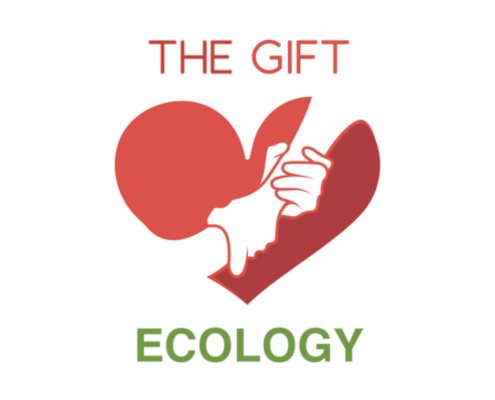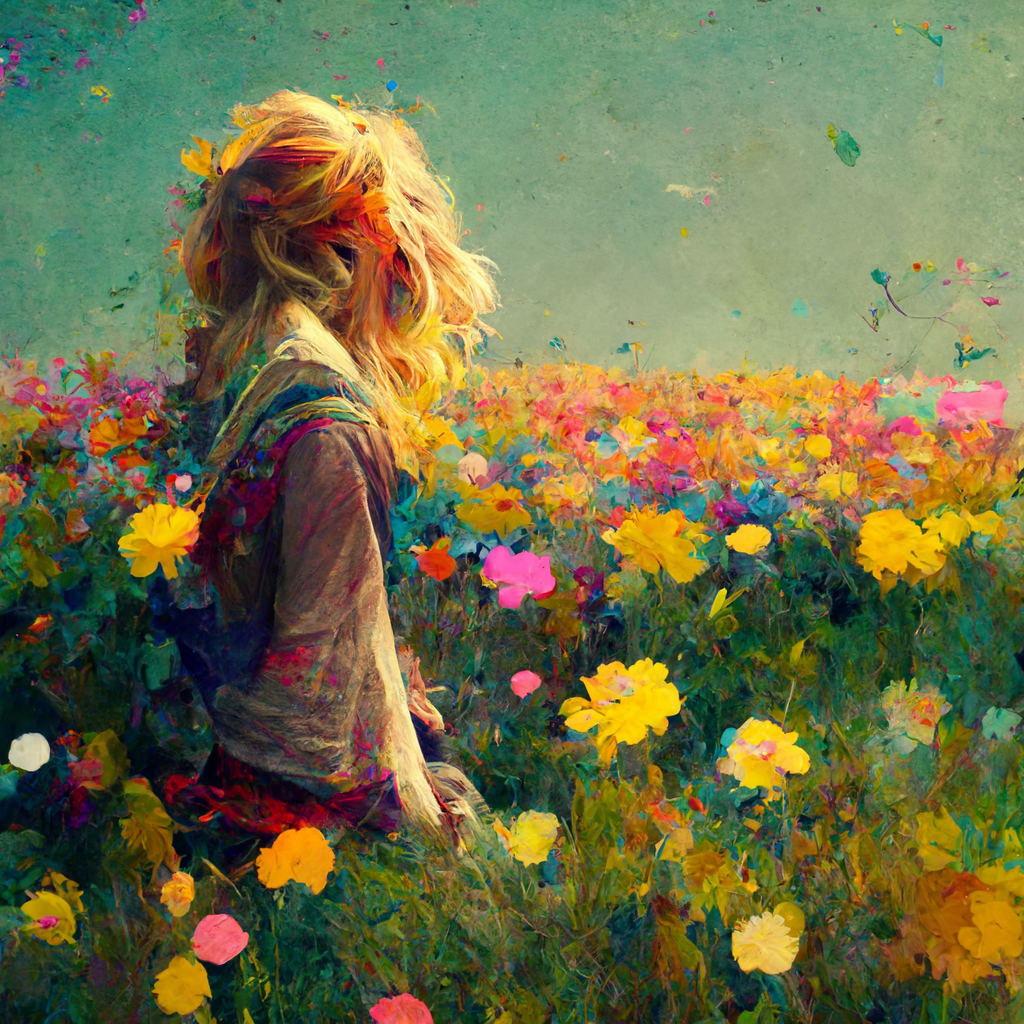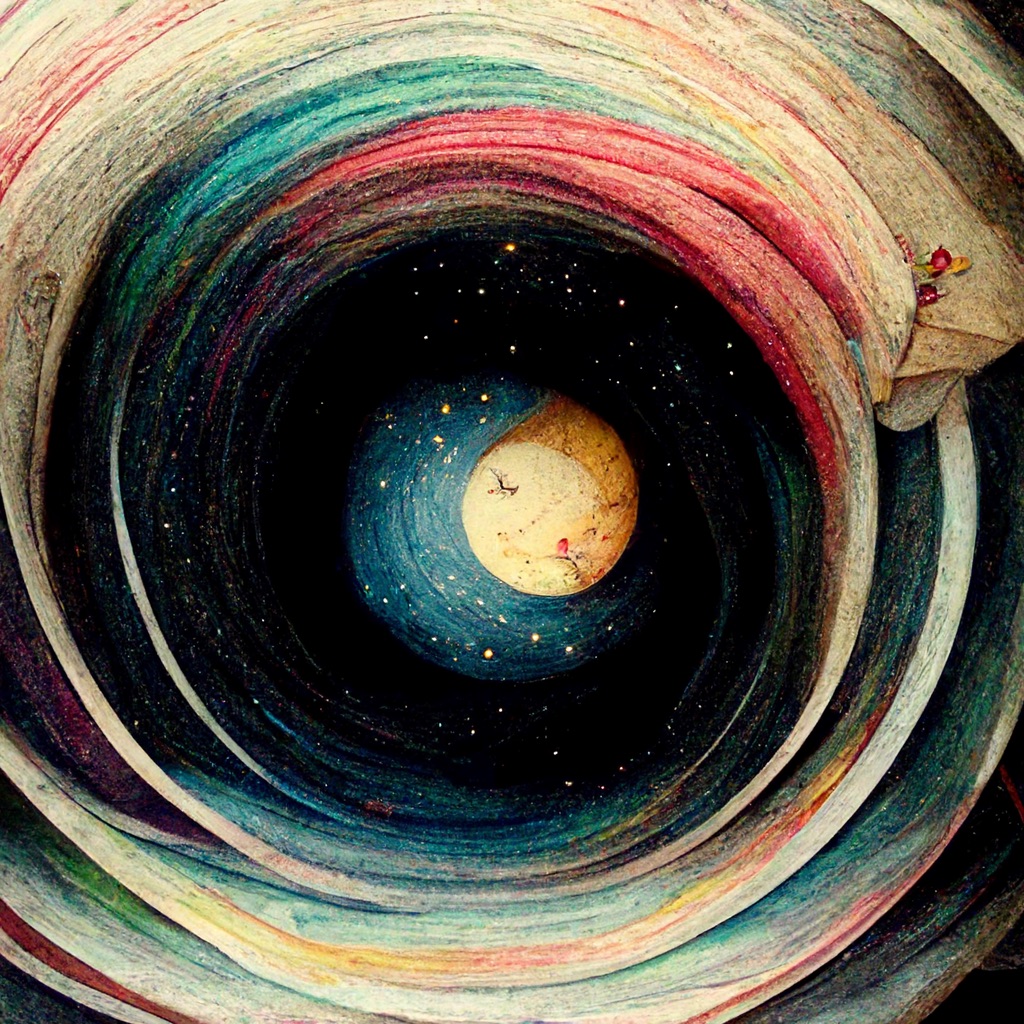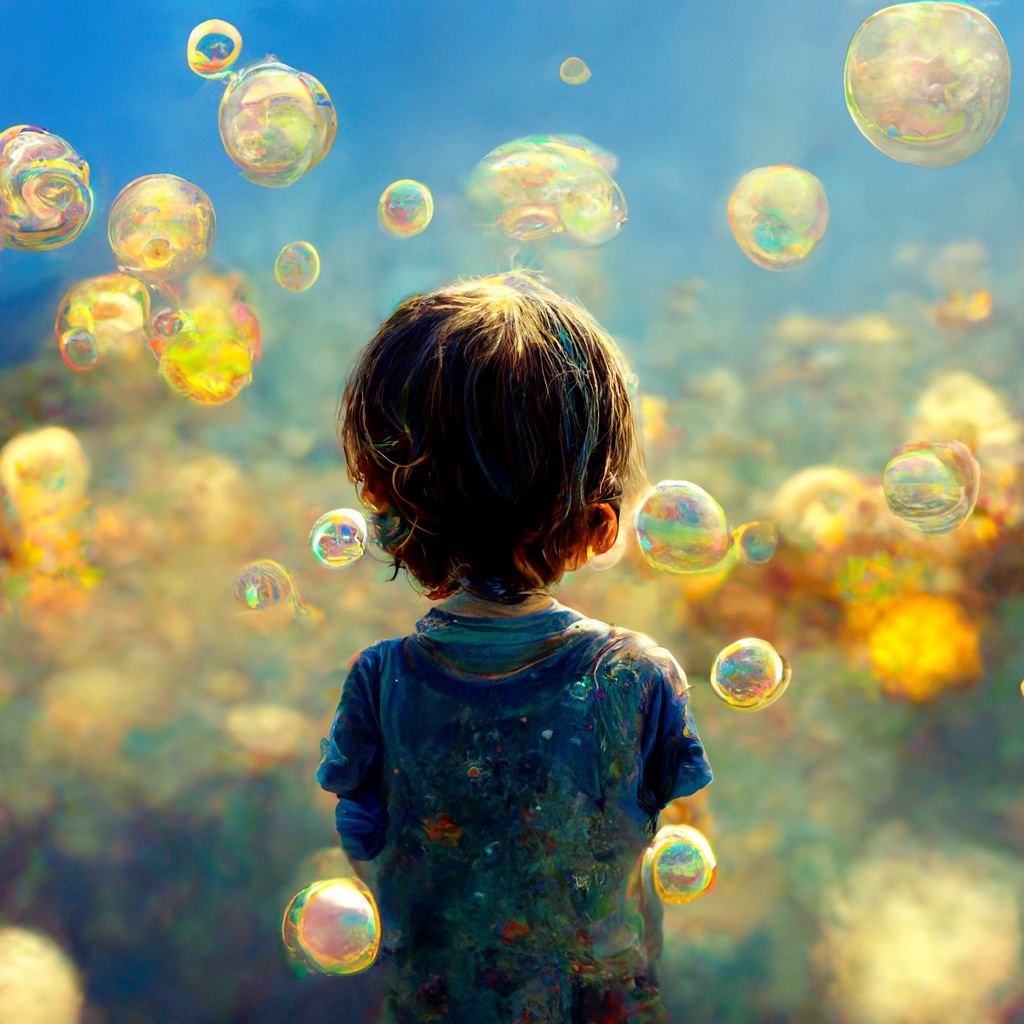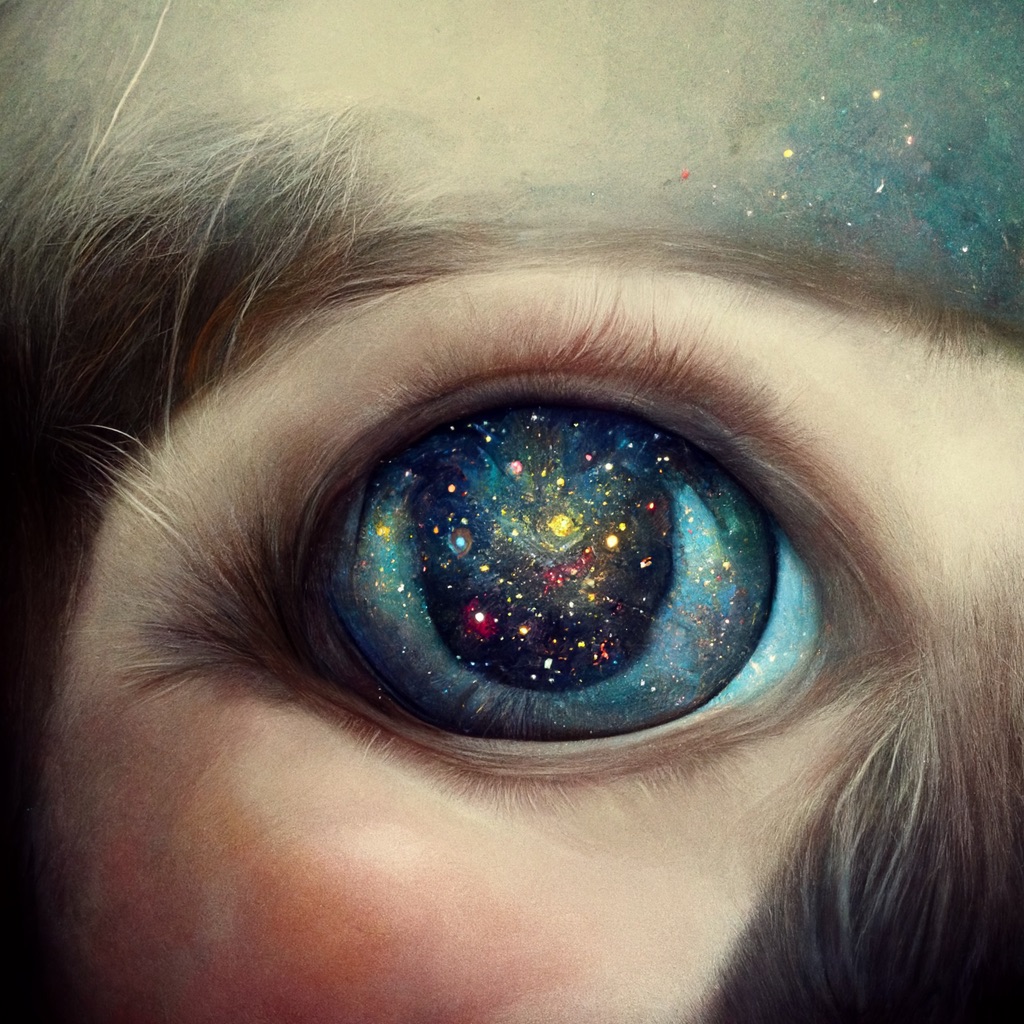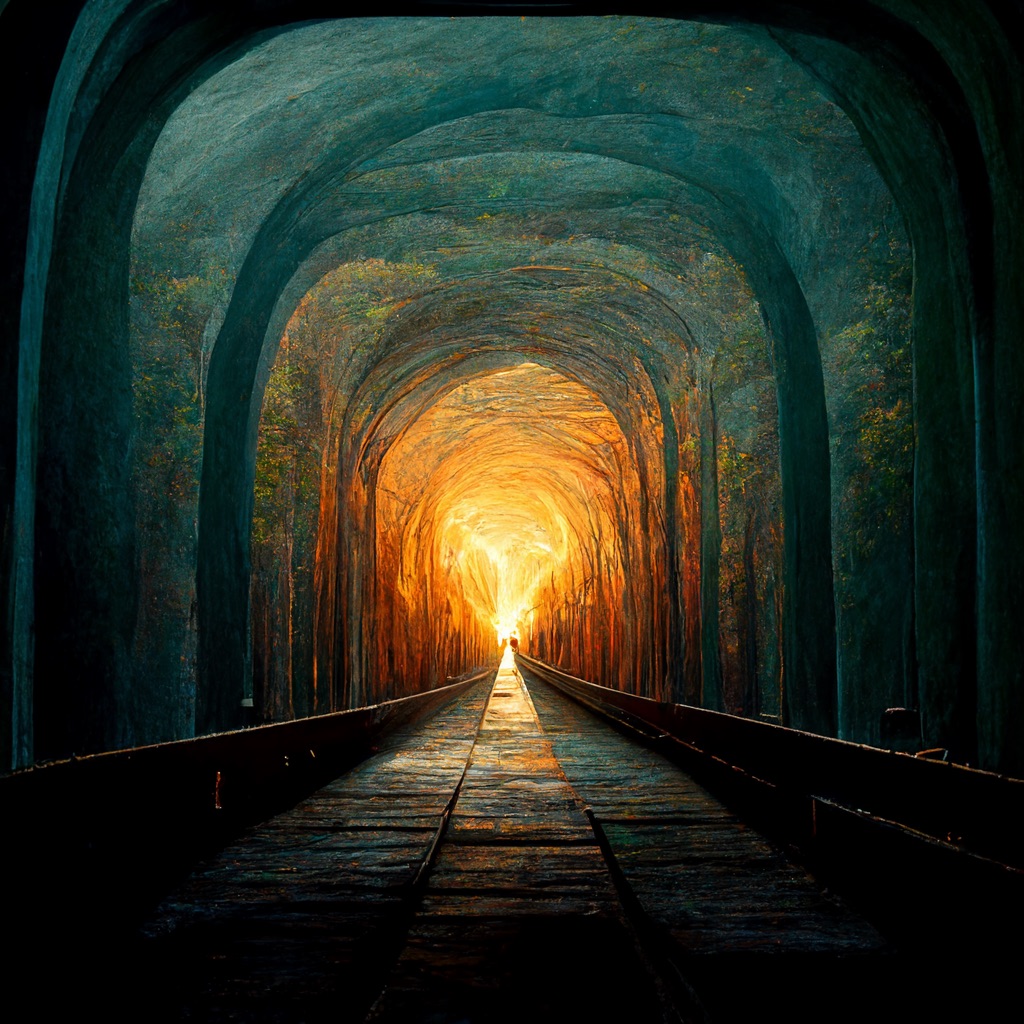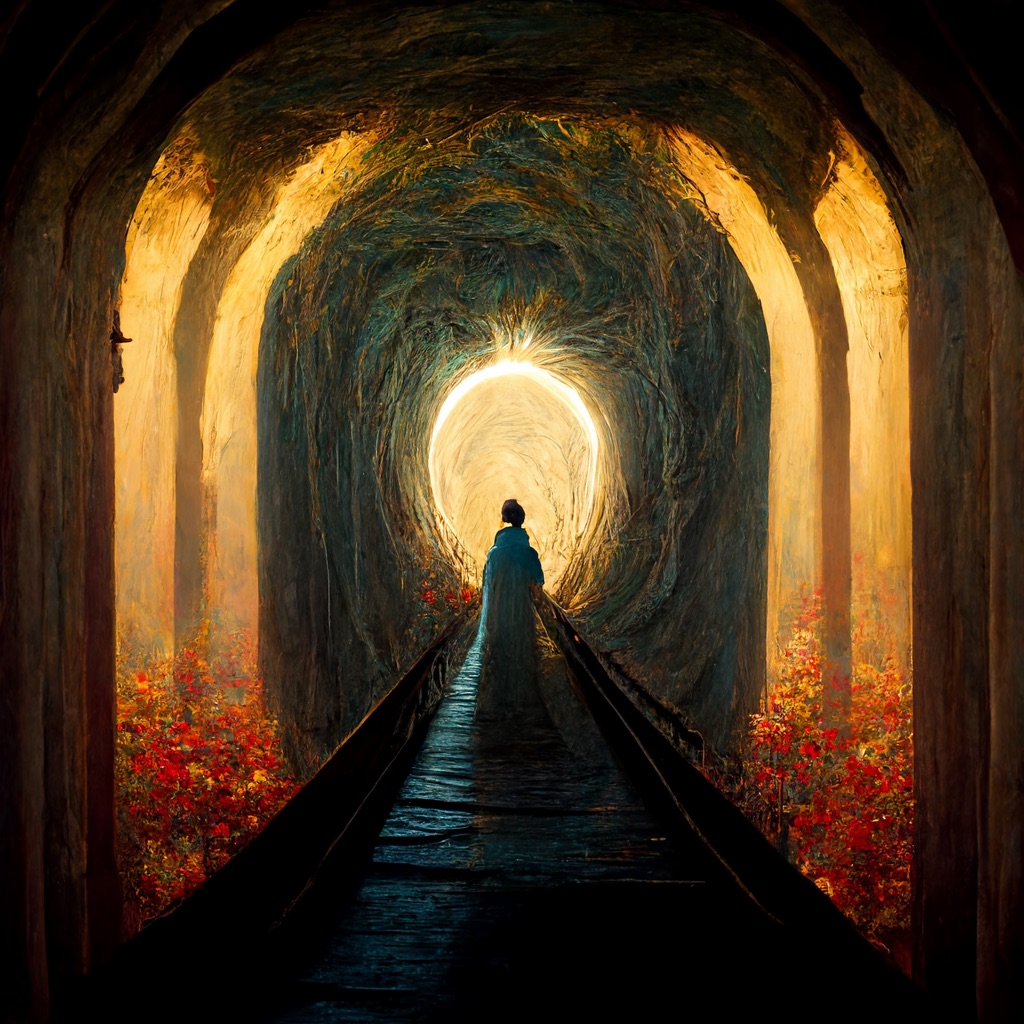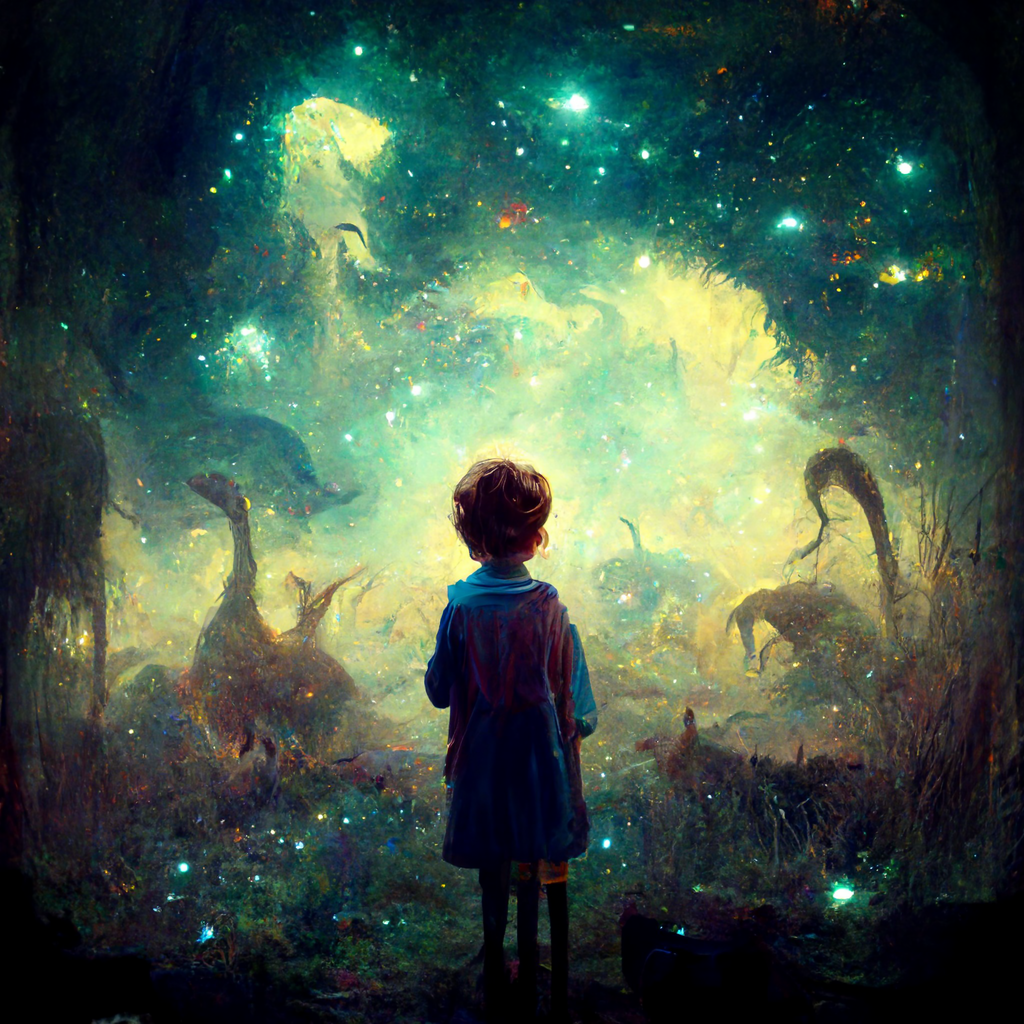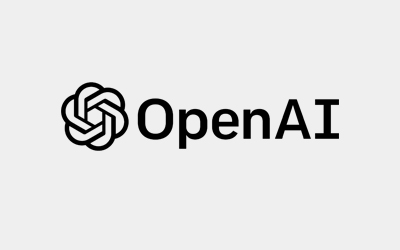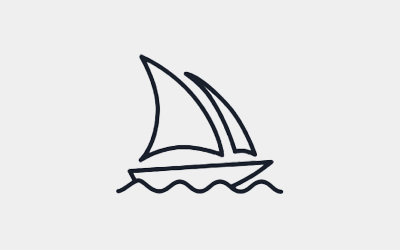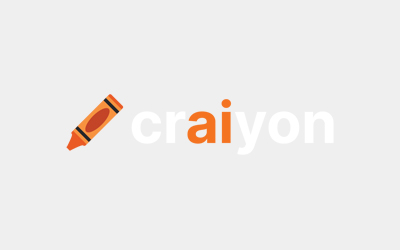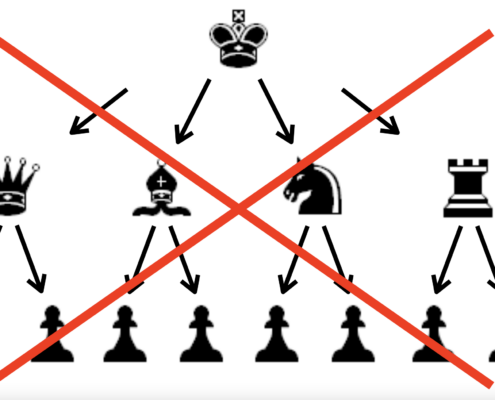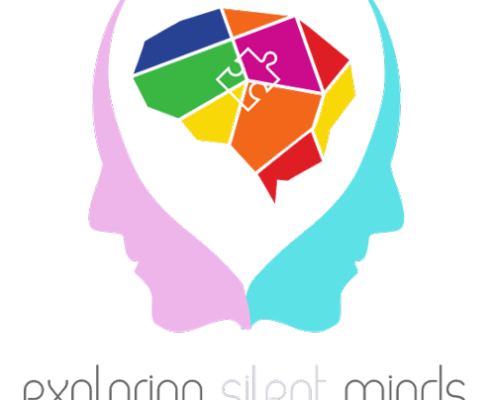Many Autistic people have great difficulties to think of the world in hierarchical ways. From what we know about our evolutionary path as humans, this is a reflection of innate human collaborative cultural capabilities in combination with a much reduced capacity for maintaining cognitive dissonance on an ongoing basis, which in turn can be traced to uncommon sensitivity profiles that fall outside the bell curve of hypernormativity.
Traumatised Autistic people
Autistic culture
Understanding a cultural organism as a set of relationships
Understanding the modern social world
Where to from here?
Human cultural adaptivity
When Autists learn about the social expectations that are attached to participating in and operating in hierarchically organised structures of social power, we have difficulty comprehending that such structures are considered acceptable. We are consciously aware of the pain and the potential we harm we can cause by exerting social power over others, as well the pain and cognitive dissonance that we experience when authorities impose arbitrarily demands on us that are incompatible with our unique individual sensitivity profiles.
Within the cultural frame of internalised ableism, the Autistic reluctance to exert social power over others is interpreted as a social deficit, i.s. as an inability to be entrusted with so called "leadership" responsibilities, and at the same time, the Autistic reluctance to submit to arbitrary social power is interpreted as a social deficit, i.e. as non-compliance, as disagreeableness, and as disrupting the "natural" social order.
This explains why in the context of some concrete social situations Autistic people are dismissed as being "weak or incompetent leaders", and in other social contexts and situations the same Autistic people are dismissed and punished for being "aloof, arrogant, insensitive, and inappropriately competitive". In many cases, both conclusions are completely misguided.
Instead, Autistic people are much better understood as vital parts of the cultural immune system of the human species. In the modern world Autistic people are well positioned to reimagine healthier collective ways of being and much healthier, human scale egalitarian cultural organisms.
The modern world is dominated by the state religion of Homo Economicus, in which the majority of people experience social hierarchies as a "law of nature", justified as needed by correspondingly culturally biased evidence from disciplines such as economics, evolutionary biology, or Western psychology. The state religion of Homo Economicus is an outgrowth of a cultural heritage with roots in misguided anthropocentric interpretations of cultural frames found at the core of monotheistic Abrahamic religions. These interpretations have unfortunately risen to great heights in over the course of colonial and neocolonial history.
Traumatised Autistic people
Within the modern world, hypersensitive Autistic people are traumatised from a very young age. In particular all children are exposed in Homo Economicus from a very young age, by well intentioned parents and educators, before we learn anything substantial about Gaia and the living world. This is possibly the most cruel, dehumanising, and life denying part of the modern world.
Especially if such early exposure to Homo Economicus is combined with social power dynamics in patriarchal and otherwise abusive family systems, children are severely traumatised. In such a context all children are at great risk of developing harmful trauma coping mechanisms, and this of course includes Autistic children.
Due to the unusual baseline sensitivity profiles and reduced capacity for maintaining cognitive dissonance of Autistic children, it makes sense that traumatised Autistic children are more likely than other children to develop a deep distrust of all humans, to the point where they become unable to extend deep trust to anyone, including their closest family members.
Such highly traumatised Autistic children end up completely isolated. Their coping mechanism can be understood in the same way as the harmful coping mechanisms exhibited by traumatised people who are not Autistic, including bullying and extreme attempts at exerting control over family members, and thereby perpetuating inter-generational trauma. Autistic people are no less and no more likely than others to perpetuate trauma, and those who do, tend to differ from other abusers in terms of their reduced ability to maintain cognitive dissonance. This means their controlling agenda is completely open. Usually their desire for social control is limited to their immediate family system, and does not extend to the wider social sphere.
Much more often, due to their unusual sensitivity profiles, reduced inability to maintain cognitive dissonance, refusal to participate in social games in wider society, as well as refusal to submit to arbitrary unjustifiable demands from social authorities, Autistic people end up at the receiving end of bullying and other forms of abuse.
The level of early childhood trauma experienced by many Autistic people can severely impact their ability to extend trust to others and develop intimate relationships. Luckily this has started to change since the invention of the Internet, which has enabled Autistic people worldwide to connect and learn from each other. The Internet enabled many of those who were unable to relate to culturally "well adjusted" people to find, connect, and develop lifelong relationships based on compatible sensitivity profiles.
Sadly some positive developments have been compromised by the rise of profit-oriented commercial social media in the public sphere, with all its well known polarising and traumatising effects, including the active and deeply misguided encouragement to develop "super-human scale" social networks of "friends".
Many Autistic people can't help but viscerally feel the trauma and the pain they see, cutting right through all the layers of internalised ableism that others may have developed as a protective shield to cope in a cruel and dehumanising social world.
Our compassion with all living beings allows us to nurture unique relationships, and heal communities in ways that that have been suppressed and forgotten in hypernormative, life denying cultures.
Autistic culture
In recent years, thanks to innate reluctance or inability to participate in social games, Autistic people have shifted and are increasingly shifting towards genuinely human-scale online spaces for cosmolocal community co-creation, peer support, and egalitarian relationship building on Autistic terms, beyond the influence of the dominant culture of Homo Economicus®.
The Autistic inability to think hierarchically turns out to be the ability to think and live entirely relationally. We see this in the level of interest and growing participation in the human scale Ecologies of Care support model, and in the growing worldwide interest in the egalitarian NeurodiVenture worker coop model for engaging with the external social world.
In the hypernormative culture that dominates the modern world, it is hard to explain to non-Autistic people what the immersion in healthy Autistic culture feels like and what the development of healthy sacred lifetime relationships between Autistic people feels like. In mainstream society people don’t understand how Autistic people support each other, love each other, and care for each other in ways that go far beyond the culturally impaired neuronormative imagination.
NeurodiVerse : human scale cultures created by neurodiversity within the human species(a) the universe of NeurodiVentures(b) the set of all neurodivergent people
Our evolving web of relationships, mutual aid, and peer support initiatives is best understood in terms of emergent Ecologies of Care beyond the human.
There is the saying that “It takes a village to raise a child.” The Autistic Authentic Autonomous translation of this saying is “For an Autistic person it takes a human scale Autistic family to feel loved and alive.”
Most Autists are not born into healthy Autistic families. We have to co-create our families in our own space and time. In a healthy culture Autistic children are assisted in co-creating their unique Autistic families, but in our modern civilisation this cultural knowledge has been lost and is suppressed.
In many indigenous cultures children with unique qualities are recognised, given adult mentors with similarly unique qualities, and grow up to fulfill unique roles in their local community, connected to others with unique knowledge and insights, perhaps even in other communities.
If we are embedded in an ecology of care, we can thrive and share the pain and the joy of life.
Understanding a cultural organism as a set of relationships
In Autistic culture we understand a human scale cultural organism as a set of relationships, recognising that all humans have cognitive and emotional limits. We therefore intuitively know and deeply appreciate that small is beautiful. There is a human scale that is comprehensible, intimately integrated into Gaia.
Beyond this scale, we intuitively understand that cultural institutions amount to anthropocentric hubris, especially if such institutions are shaped by permanent hierarchical structures of social power.
As humans we have the ability to appreciate the interdependencies and the beauty of the diversity of the unique and complementary relationships within every healthy cultural organism, including all the richness of interdependencies with other cultural organisms.
All healthy relationships contribute to the wellbeing of the cultural organism. There are no permanent social power differentials, and no particular relationship is more important than any other.
Furthermore, in a healthy cultural organism, there is a reasonable backup for any relationship that is potentially critical for group survival.
The self is a product of relationships. Anyone who has ever felt completely isolated knows this. Then the world shrinks to the relationship with oneself. But no one is completely isolated.
We are all part of Gaia, in relationship with Gaia.
Imprisonment in isolation, including isolation from Gaia, is an unimaginably cruel form of torture, a violation of a sacred human right. Social isolation in an urbanised environment is much worse than social isolation in a natural environment with access to plants and animals. In fact, being integrated into Gaia is a sacred right that applies to all living beings.
So-called "individual" wellbeing is a derivative of the health of all the human and non-human relationships a person is involved in. What really counts is relational health and communal health at human scale.
Understanding the modern social world
The modern social world we live in can only be understood from the margins, because the very notion of sense making has been confused. This is no surprise, because our capacity for sense making operates at human scale.
When a culture has destroyed the collective ability for deliberation at human scale, life is experienced as incoherent from the individual perspective, which is subconsciously attempting to generate coherence at human scale. When that process fails, nothing seems to make sense anymore. "The Con : Fusion of Debord & Orwell" into which everyone alive today in the modern world was born, was succinctly articulated in 1986.
https://youtu.be/TlBIa8z_Mts?feature=shared
There is not much constructive to be learned from a growing cancerous mass that is destroying all cultures. All we can do is analyse the symptoms of the cancer, i.e. we can analyse and describe the dissonance between theory and practice of the institutions of our society. But this ability to recognise and describe cancer is far from being an ability to "cure" it. Below are three sources that describe different aspects of the cancer that are perpetuating paradigmatic cultural inertia.
The legal engineering behind the power of capital, explained by Matt Kennard.
https://youtu.be/vDsp2apG5zQ?feature=shared
The government machine that backs capital with raw violence explained by Jeffrey Sachs.
https://youtu.be/JTDQ32EC9Oo?feature=shared
The cultural diseases that emerge if the limitations of human scale are not understood as the sacred bedrock of cultural organisms explained by George Tsakraklides.
George Tsakraklides does not make any mention of scale, but accurately describes what happens when anthropocentric hubris comes to dominate globally:
The idea that a small group of individuals can form a “government” that represents the best interests of its people, has been one of the biggest leaps of faith humanity ever took. Arguably, as our societies grew, we had no choice but to form these governments ••• The pooling of resources in practice often meant the accumulation of these resources within the hands of the few ••• Governments significantly expedited the exhaustion of resources, widened inequality to previously unimaginable levels, and alienated almost every citizen, who sooner or later felt the cold, heartless hand of indifference and discrimination from the very people who had been elected to “represent” them ••• It doesn’t take much effort to argue that government represents neither people, nor a privileged class of humans. It represents, defends, and protects the entity behind every single one of humanity’s decisions: money and wealth ••• Despite being an abstract, mechanistic, non-DNA based entity, money behaves very much like a life form: it too needs to secure its future existence, which it does by pursuing profit. Through the creation of money, humanity unintentionally gave rise to a new life-form which eventually parasitized it. The role of government in this symbiosis has been, and remains, to be a puppet. ••• Like any biological life form, they (governments) will do anything to survive. It was a mistake to create institutions which attained so much power and autonomy that they eventually became super predators of society. Both government and money behave as selfish life forms which need to survive and procreate.
The popular perception that governments exist to “maintain order” is as false as the definition of order itself. Order of what? For whose benefit? At what cost? Order is open to multiple interpretations, rules and prohibitions which become vehicles for societal control. Order is the favorite word of fascists •••The most dangerous aspect of all forms of government and power is that they despise change. They want to keep everything the same: the same economy, the same players, the same mistakes. This is how they ensure that their sponsors will not be unseated from positions of power. The downside of this is that the most serious existential threats are only ever addressed at the level of pantomime theatrics •••If anything, governments are effectively Reality Management Authorities, servicing the need of the most powerful to maintain social narratives which control the production and distribution of wealth. Governments are the visible manifestations of the psychonomy, enabling the most controlling, psychotic and unstable personalities to thrive and attain leadership positions ••• A successful leader today is more of an ideological chameleon than a mission-driven decision-maker. Their most critical skill is masterfully dancing around the bullets of the psychonomy’s crossfire, pretending to be a peace maker ••• By managing people and agendas and keeping the wild jungles of the power ecosystem from closing in on them, politicians can secure their tenures as sitting representatives of the corporatocracy •••Stubbornly protecting their corporate bosses, governments simply hasten and amplify recurring convulsive episodes of economic and social seizure. The wealthy elites have been consulted. The PR agencies have been briefed. And the casualties have already been selected, before the guns are fired •••Governments can easily be classified as existential threats. Their dithering, inertia, inaction and procrastination create all of the horrifying conditions for small, once addressable issues to grow and one day become terminal, impassable predicaments. Because of their inability to handle change even when it knocks on their door, RMAs are incapable of addressing the worst type of change: an existential threat. In the face of a polycrisis, RMAs will typically avoid, deflect, distract and postpone, while at the same time weaponize the crisis for propaganda. As looming threats grow, the government will spend all of its energy to do what it does best: reality management •••The priority of politics during an existential threat has always been to create, curate, and broadcast narratives which regurgitate the lies this civilisation desperately needs to keep calm and carry on living its fantasies. When a collapse begins to register, it is already too late. This is because collapse is only the very last stage in a long process; a stage which, however, is irreversible: it can only be observed and endured. As the crisis enters free-fall, the RMA goes quiet: leaders literally disappear, retreating into their pre-built bunkers and golden parachutes. Social services vanish, silence falls across the political spectrum, and the public is abandoned. The government who we all thought would come to our rescue, was indeed merely a glorified PR machine ••• Following so many failed COP meetings attended by all these RMAs, it would be delusional to nurture even the slightest bit of hope in any government to solve the existential threat of the climate crisis and civilisational overshoot •••From the much larger Gaia perspective, authority and power are meaningless human constructs. The only authority and power on this planet belong to nature, and physics.
I agree with the conclusion. To sum up WEIRD paradigmatic inertia in one sentence, I frame the "iron law of social design" as follows:
The universal iron law of social design: everything is allowed to change – as long as the established structure of social power is maintained or strengthened.
I have witnessed this dystopian hypernormative law play out in many corporations and large government departments.
Where to from here?
Humans are part of nature. We have evolved to operate, survive, and thrive as cultural organisms at human scale, especially in challenging / marginal environments. We still have this capacity, but it has been eclipsed by a global cultural cancer. So, when cultural reforms are futile, what options do we have for re-booting healthy cultural organisms?
The cancer can not be reformed, but there are many little sprouts of new human scale ways of being emerging in the cultural compost heap. The dying process of a cultural cancer is the unavoidable metamorphosis we are undergoing.
Some of the inmates of dying institutions may consciously choose to jointly exit, and metamorphise into a life affirming organism, or they may eventually be forced to leave involuntarily by the social circumstances. In the former scenario the emerging human scale organism may, amongst other things, offer palliative care for the dying institution from the outside – i.e. assistance with exit path for the remaining inmates, alongside the provision of new life regenerating gifts as part of Gaia. This is a kind of life affirming logic that is not accessible via the dystopian logic of Homo Economicus.
Biologists who have not read broadly enough about our cultural evolutionary past, i.e. biological and cultural anthropology, tend to extrapolate from other primates, and arrive at the confusion of humans with Homo Economicus, ending up discounting human imagination and the innate collaborative tendencies that distinguish us from other primates.
The most compelling biological metaphor I have found to date to gain a sense of what might play out in the realm of culture is the metamorphosis of a developing insect. Life is fractal.
Metamorphosis is one of the most profound restructurings of a biological organism. As humans we are far too limited in our abilities to foresee exactly how such a pattern maps and is already playing out in terms of human cultural organisms.
However, transposing the steps of metamorphosis onto modern human cultures suggests a path that includes:
A non-growing developmental stage for human scale groups to seek a safe space, and as needed construct a protective physical/cultural shelter for the group.
Internal collaborative niche construction to develop new internal functional structures and external functions that are adaptive to the anticipated cosmolocal ecological conditions going forward.
Cultural reproduction. The final stage would be the adult, or 'imago' form of a human scale group, where new external and internal functions are fully operational, and able to feed the group, including reproduction of the group culture. This would not need to involve physical reproduction, but rather knowledge and skills transfer to other cosmolocally related human scale group, and especially groups within the same bioregion experiencing comparable ecological conditions.
As established super-human scale institutions decay and become unreliable, not dissimilar to what is the case in many so-called "less developed" countries, individuals and small groups will inevitably stop entrusting their entire livelihoods and lives to such institutions, and gravitate towards some expression of the rough pattern outlined above.
Of course we have no way of predicting when and where such developments will emerge. What we can do is to offer education to prepare communities for this possibility in a life affirming way, reiterating what Joseph Tainter observed in his seminal work in 1988. For the majority of an oppressed and impoverished population so-called "collapse" of dysfunctional and resource intensive institutions can be a liberating experience. This of course assumes that communities are educated and equipped with locally adapted subsistence level life skills.
This presents WEIRD countries with an overdue opportunity for radically new forms of cosmolocal collaboration with communities in the Global South. As part of the global metacrisis that Gaia is facing, the populations in WEIRD countries will increasingly experience a need for education in subsistence level life skills – a kind of proactive "development" assistance in reverse, and a re-balancing of the extreme levels of global and in-country social inequities and injustices that dominate the entire modern world.
Metamorphosis back to human scale can be imagined as a cultural development stage for global intersectional and neurodivergent solidarity beyond the human, undoing some of the harm perpetuated in throughout the colonial and neocolonial era, at least for the generations alive today.
Human cultural adaptivity
Our best bet is to relearn and remember everything we can muster about the cultural adaptivity that is at our disposal at human scale.
This requires the kind of deep and profound shift in trust from established institutions towards mutual aid and the community co-creation at human scale that indigenous Mexican scholar Yuria Celidwen talks about:
We need commitment, we need community. We need to create spaces of trust. But for that, there’s tremendous work that we need to be doing. But I don’t think that any of that work will be possible, should we not have that commitment–that commitment that no matter how challenging and tremendously difficult it will be to reckon with these narratives and to dismantle these narratives. Because seeing the horror in the eye of all these narratives that we live by comes with tremendous understanding. It will leave us very fragile, very vulnerable, and most, of course, are not willing to do that, because we don’t feel safe. But if we are able to stand the heat and create these spaces, if we commit to do this kind of work for the benefit of the planet, then we may be able to learn that we can fly.
This shift in trust is already happening outside established institutions. It can only happen via self-selected and self-organising groups. I sense this is what we are already starting to experience on the intersectional margins of modern societies.
As part of co-creating health cultural organisms we are uncovering and documenting knowledge that is useful for human scale groups, engaging in omnidirectional learning between emerging theories and cosmolocal practices, learning by doing, and heading into an uncertain but much more life-affirming collective future at human scale, sharing all our joys and pains of life in ways that have been systematically denied by the life destroying logic of Homo Economicus.
The following clip from an Adam Curtis' interview has aged well.
https://youtu.be/mlaPZ-xMPGY?feature=shared
Certainties we can count on:
Humans have cognitive and emotional limits. Implications: Small is beautiful. There is a human scale that is comprehensible, intimately integrated into Gaia. Beyond this scale, cultural institutions amount to anthropocentric hubris.
The last human won't be a capitalist.
This list is evolving, contribute your observations at the next NeurodiVerse Days of Intersectional Solidarity!
There is no recipe book. There are only timeless life affirming human scale values and our innate capacity for relational thinking.
Onwards!
The post The inability to think hierarchically is the ability to think and live relationally appeared first on NeuroClastic.
